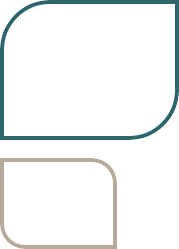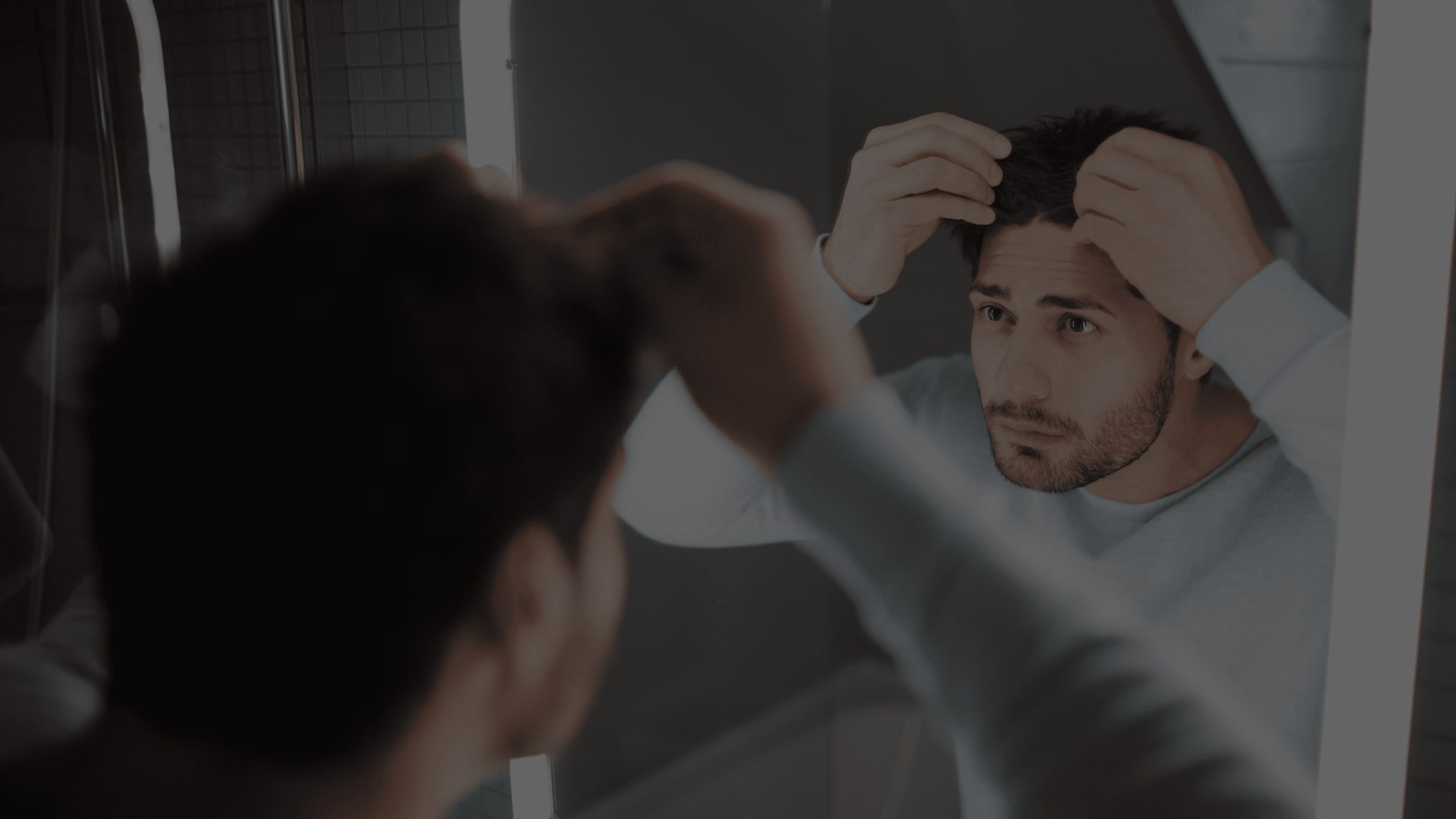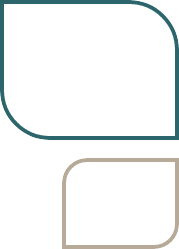What Is the Best Hair Loss Treatment?
Does the sight of a receding hairline or thinning hair leave you feeling helpless? You’re not alone. Hair loss affects millions of people worldwide.
There are several ways to restore your hair, including medication, supplements, surgery, and lifestyle changes. Here, we’ll discuss some of the most effective methods for dealing with hair loss.
Understanding Hair Loss
Hair loss is a common concern for both men and women, and it can result from various factors such as genetics, hormonal imbalances, stress, aging, and medical conditions.
Before deciding on the best treatment for your hair loss, it’s important to know what’s causing it.
Types of Hair Loss
Androgenetic alopecia, often known as male and female pattern baldness, is just one form of hair loss; others include alopecia areata, telogen effluvium, and traction alopecia.
Conventional Hair Loss Treatments
Below are the most common types of hair loss treatments.
Minoxidil (Rogaine)
Minoxidil, also known as Rogaine, is a topical treatment for hair loss. It works by keeping hair follicles in the growth phase longer and sending more blood to the scalp.
Minoxidil can stop hair loss and help hair grow back, but it may take a few months to see results, and you have to keep using it to keep the benefits.
Finasteride (Propecia)
Finasteride, also called Propecia, is a pill used to treat male pattern baldness. It works by stopping testosterone from being turned into dihydrotestosterone (DHT), which is what causes hair follicles to get smaller.
Finasteride has been shown to stop hair loss and help hair grow back. However, it may have side effects like lower libido and trouble getting an erection.
In Australia, this is only available by prescription.
Hair Transplant
Hair transplant surgery involves transplanting healthy hair follicles from a donor location to bald or thinning areas. Hair transplants are pricey and need numerous treatments, yet they can produce long-lasting, natural results.
Alternative Hair Loss Treatments
Conventional treatments for hair loss are called “conventional” because they have been used for a long time and are generally accepted as the norm. Here are three common hair loss treatments:
Platelet-Rich Plasma (PRP) Therapy
PRP therapy requires injecting platelet-rich plasma taken from the patient’s blood into the scalp to encourage hair growth.
Low-Level Laser Therapy (LLLT)
LLLT is a non-invasive treatment that uses red light to increase blood flow to the scalp and wake up hair follicles. LLLT can be done at home with tools like laser combs and helmets. Results may vary from person to person.
Nutritional Supplements
Biotin, zinc, iron, and vitamin supplements are all essential nutrients that can help improve hair health. It’s important to talk to a doctor before starting any supplementation, as excessive intake of certain nutrients can cause adverse effects.
Supplements may not be enough to stop hair loss on their own, but they can support other treatments.
Natural Remedies for Hair Loss.
Natural therapies for hair loss use herbs, oils, and supplements. These solutions are advertised as safer, more natural treatments for hair loss that can be used alongside traditional therapies.
Essential Oils
People have used essential oils like lavender, rosemary, and peppermint to help hair grow and keep the scalp healthy. Massaging a mixture of a few drops of essential oil and a carrier oil, like coconut or jojoba oil, into the scalp can improve blood flow and help hair grow.
It’s recommended to do a patch test before using any essential oil to avoid allergic reactions.
Scalp Massage
A scalp massage can help get more blood to the hair follicles, which can help hair grow and reduce stress, which can cause hair loss. A simple and relaxing way to help your hair grow is to massage your scalp for a few minutes daily.
Healthy Diet and Lifestyle
A well-balanced diet full of vitamins, minerals, and protein can help your hair grow and keep your body healthy. Foods like lean meats, fish, nuts, seeds, and leafy greens can help your hair stay healthy by giving it the nutrients it needs.
Regular exercise, quality sleep, and stress management can also support a healthy scalp.
Final Thoughts
It’s important to talk to a dermatologist or trichologist about your hair loss to find out what’s causing it and what treatments will work best for you.
There is no one-size-fits-all solution to hair loss, and the best treatment for you depends on your situation. By learning about the different ways to treat hair loss and working with a professional, you can make an informed choice and find the best way to deal with your hair loss.
Experience the science behind wellness.








